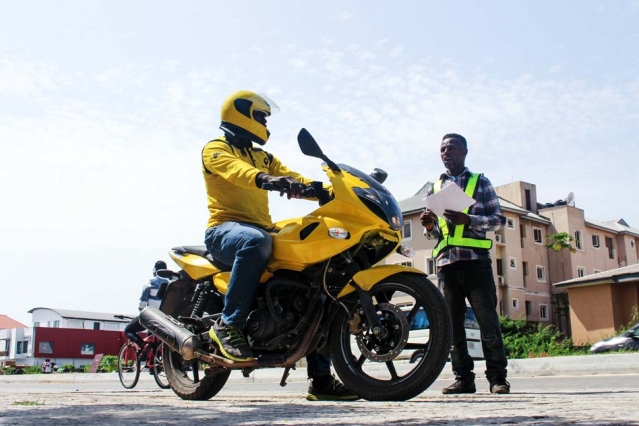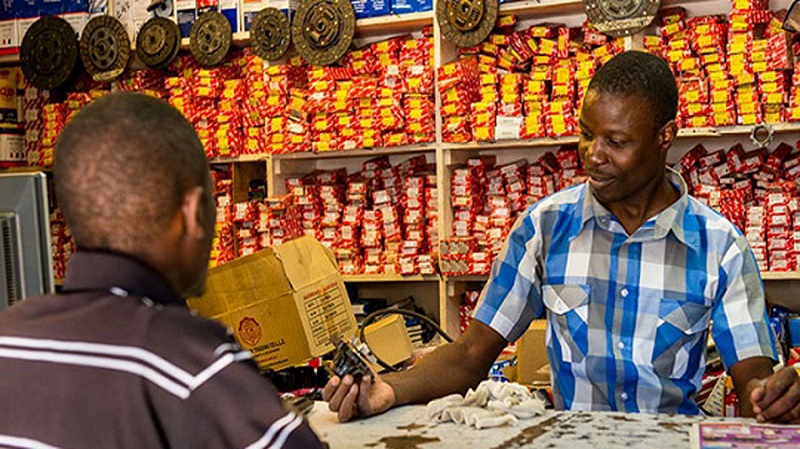“Lagos is a megacity. You don’t build a megacity on two-wheelers and tricycles,” Lagos State Commissioner for Transportation, Dr Frederic Oladeinde said referring to the okada ban.
In addition to reported accident rates, the state government has used this line of argument to justify the ban on okada and by extension bike hailing services.
“It doesn’t matter what you call them, okada is okada”, said the state commissioner for Information, Gbenga Omotoso.
For starters, the bike hailing innovation is not unique to Lagos. The service originated from Asia, an emerging market that shares many characteristics with Lagos and Nigeria.
In this region, bike hailing faces similar regulatory challenges. But things are more progressive.
In Indonesia, the original home of bike hailing, the service existed in a legal grey area. Despite the presence and growth of billion-dollar companies like Gojek and Grab, the country’s transportation laws did not recognise motorcycles as public transport vehicles.
Bike hailing riders were sometimes arrested and their bikes seized, just like Lagos.
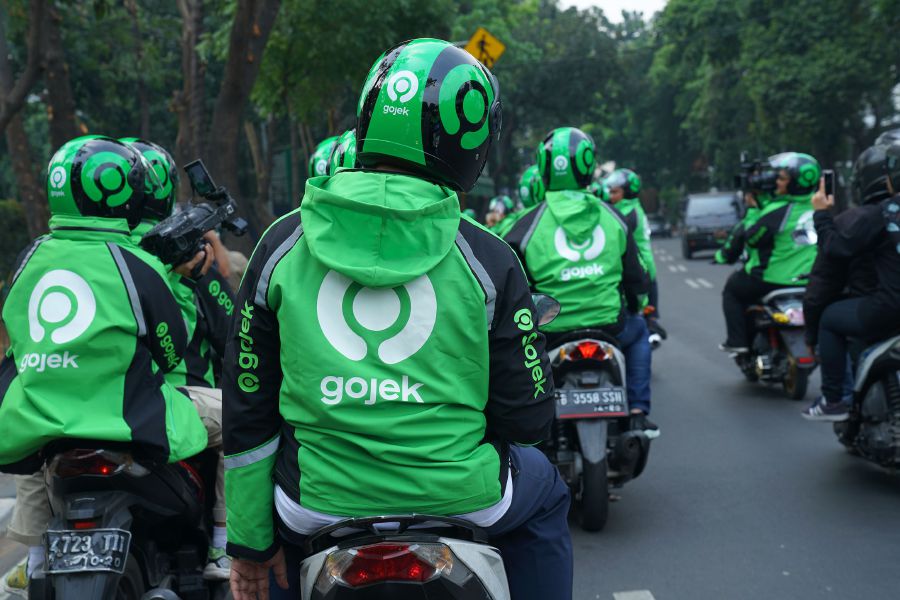
But in 2019, nine years after Gojek was founded, Indonesia released the legal framework that formalised the existence of bike hailing services.
Today the conversation is not whether these services are legal, the country is now talking about regulating fares and protecting bikers.
With strong demand for the service and legal backing from the government, Indonesia’s bike hailing market is projected to become a $14 billion market by 2025, up from $3.7 billion in 2019.
In Thailand, bike hailing was not recognised by the law until 2019. Although these services have garnered millions of users, they operated in a legal grey area until the government formalised them. The government has drafted bike hailing guidelines that would come into effect by March 2020.
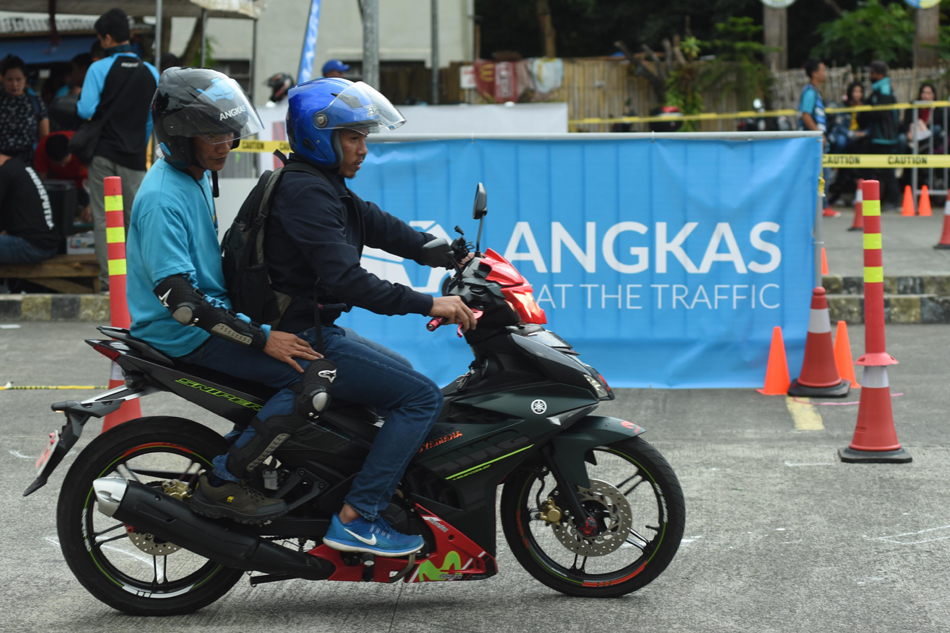
The Philippines is also in the process of legalising bike hailing. Services like Angkas, MoveIt and JoyRide are currently taking part in 9-months pilot to prove that the service works. A maximum of 45,000 bikers are taking part in the pilot which ends in March 2020. During the first six months of the pilot, Angkas maintained a 99.997% safety rate.
Then there’s India. In India, ride-hailing is popular, but bike hailing is not yet fully legal. In December 2016, the central government issued guidelines that allowed each state to regulate motorbike taxis. A few states have approved of the service, but others are yet to.
Malaysia offers an even more interesting example.
Dego Ride, a mobility upstart, started the first bike hailing service in the country in 2015; the same year as MAX, Nigeria’s oldest bike hailing service. But a few months after the service became operational, the government shut it down.
Here’s what Malaysia’s Deputy Transport Minister, Datuk Abdul Aziz Kaprawi, said:
“We want to ensure that our country emulates these developed cities’ transportation system so that our country is environmentally friendly and sophisticated.”
Sounds eerily similar to the argument made by the Lagos government. Like Lagos, Malaysian authorities blamed motorcycles for 62% of the 7,152 deaths by accident in 2016.
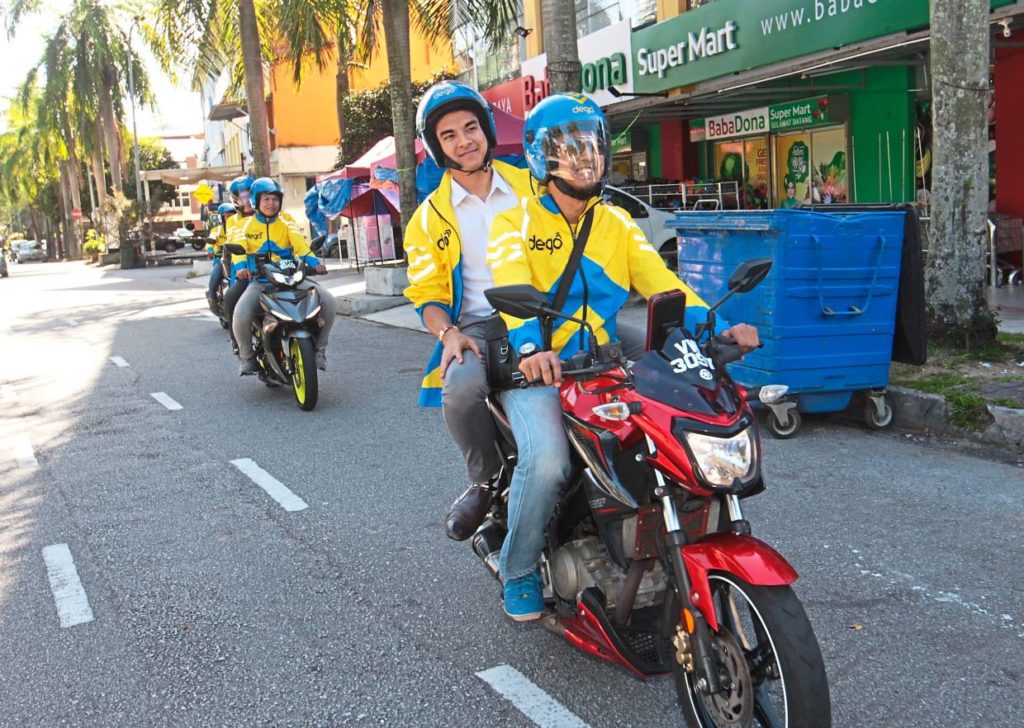
But in mid-2019, Malaysia announced a six-month pilot for bike hailing services. The pilot kicked off in January 2020 and made Dego Ride legal again.
Lagos Bike Hailing Regulation Complicated by Powerful Unions
Meanwhile, in Lagos, attempts to formalise the bike hailing sector has been complicated by the presence of politically influential transport unions.
The Road Transport Employers’ Association of Nigeria (RTEAN) and the National Union of Road Transport Workers (NURTW) want to force bike hailing companies under their umbrella and get their bikers to pay daily levies. Since November, they have imposed a ₦500 daily levy on every bike hailing rider.
Although bike hailing operates in a regulatory grey area in Lagos, the police is still not its major problem.
“Out of 1.2 million rides achieved on our platform [in 2019],” MAX told TechCabal, “we experienced a total number of 309 arrests and bike seizures.”
This is high, but it pales in comparison to the daily harassment their bikers faced at the hands of the NURTW and RTEAN.
Between June and December 2019, both unions went on the offensive against bike hailing companies, fighting their riders and forcing them to buy tickets.
This reality complicated bike hailing in Lagos and made it difficult for these mobility companies to work out a regulatory solution with the government.
Also unlike South Asian countries, the traffic laws in Lagos did not make bike hailing illegal. According to the state’s traffic laws, motorbikes below 200cc cannot be used as passenger vehicles, a requirement all bike hailing services have met.
The state government disregarded its own law when it imposed the okada and tricycle ban and extended it to bike hailing.
But Lagos needs bike hailing services. It is naïve to think that buses will commute 20 million people without causing serious congestion and extended traffic.
Meanwhile, bike hailing is young in Lagos. Like India and other Asian countries, it was not unexpected that it would struggle to gain legal acceptance.
But as these other countries have shown, things can and should change. Population explosion means the government will never be able to solve traffic problems quickly enough.
Lagos has the same problem. It needs to adapt bike hailing services into its “masterplan”.









